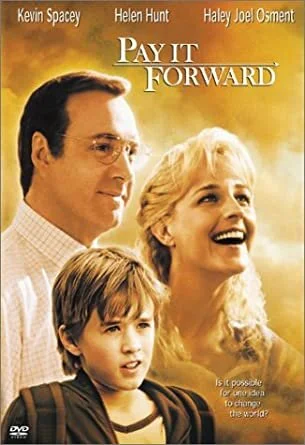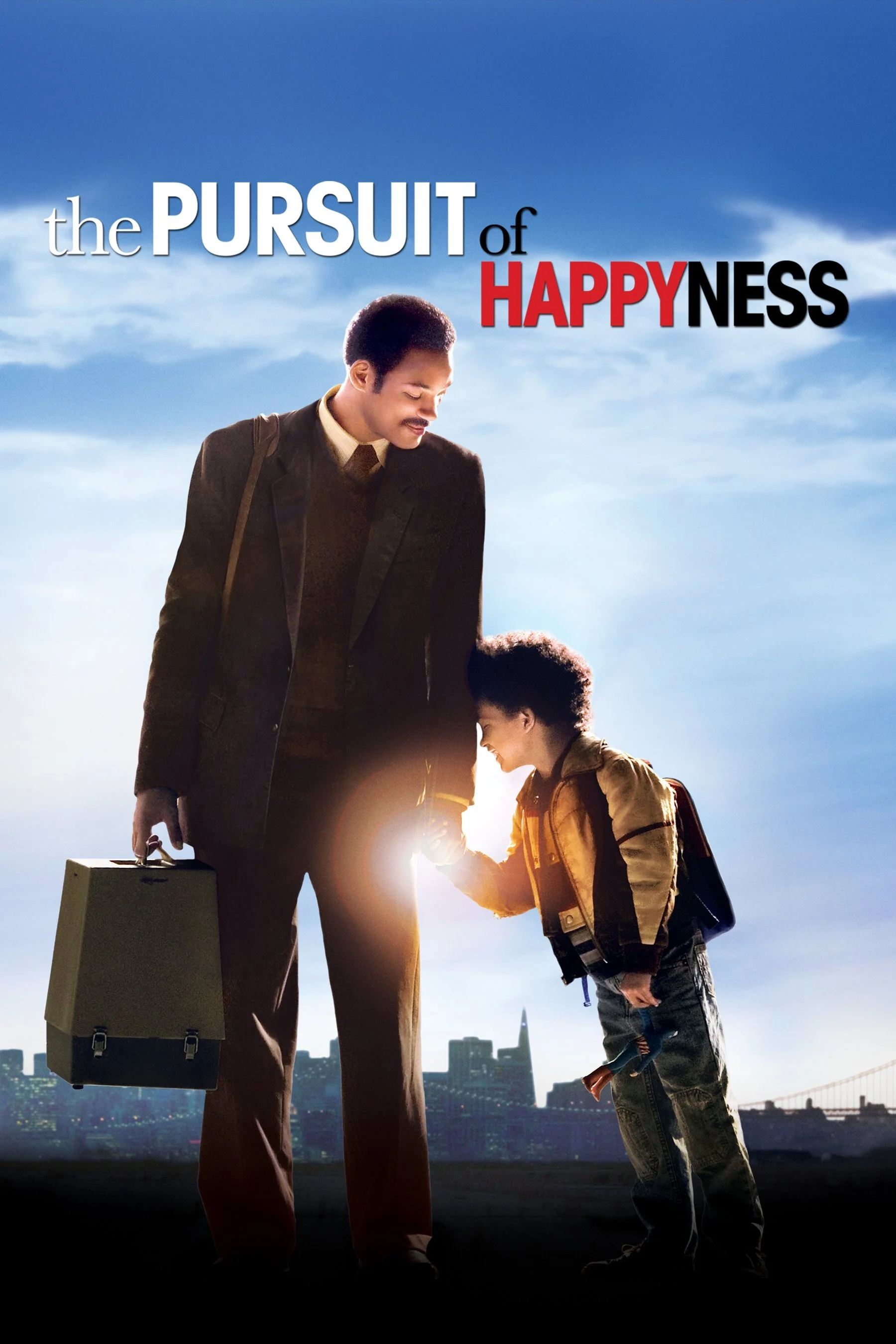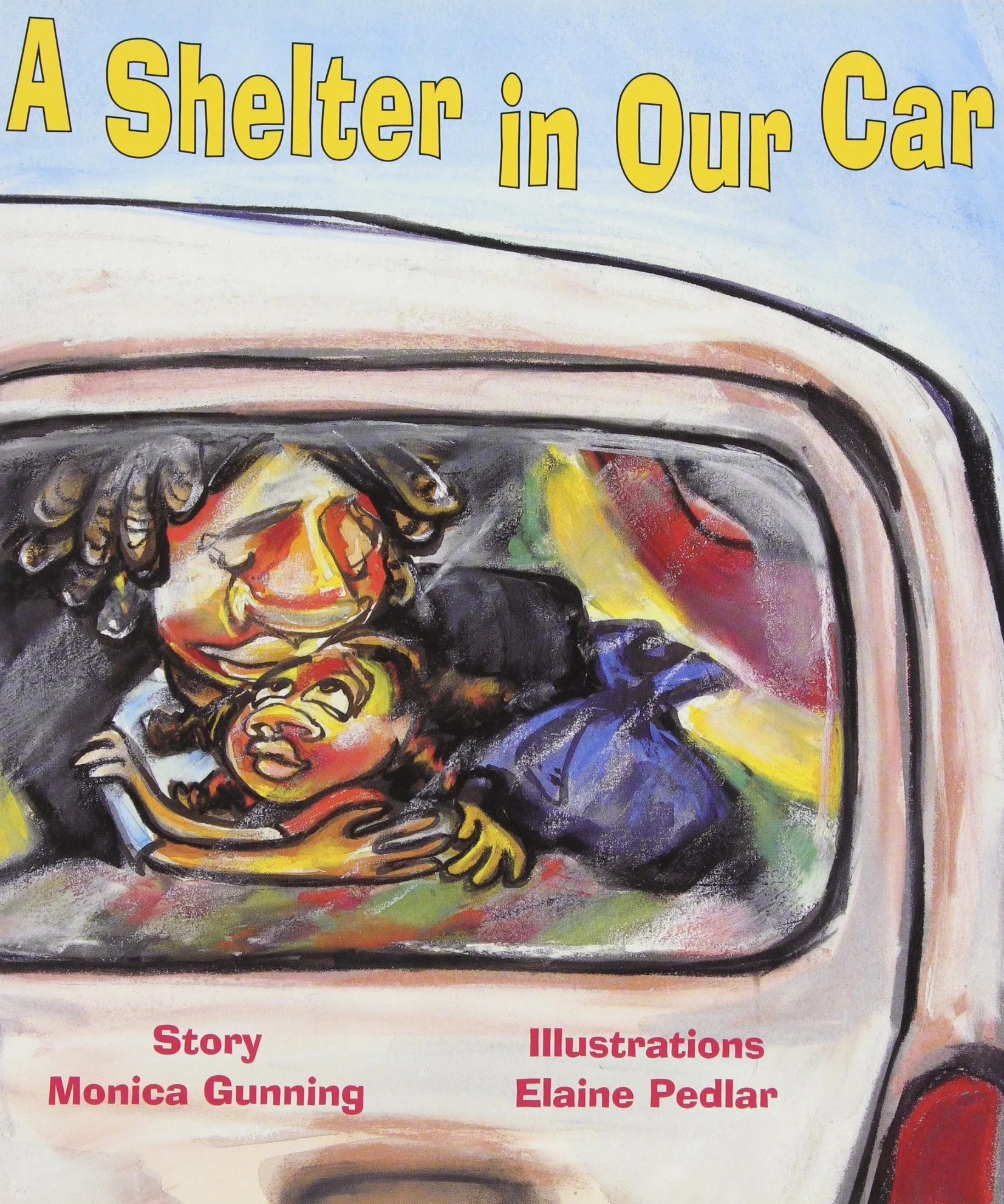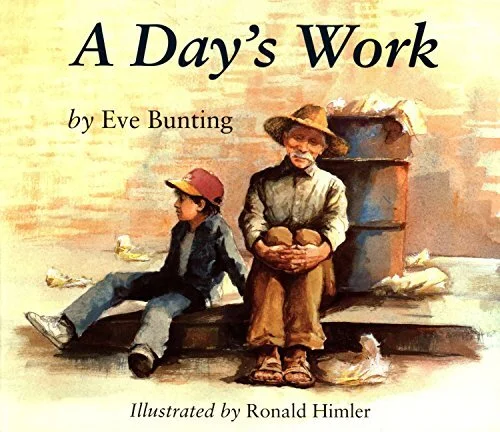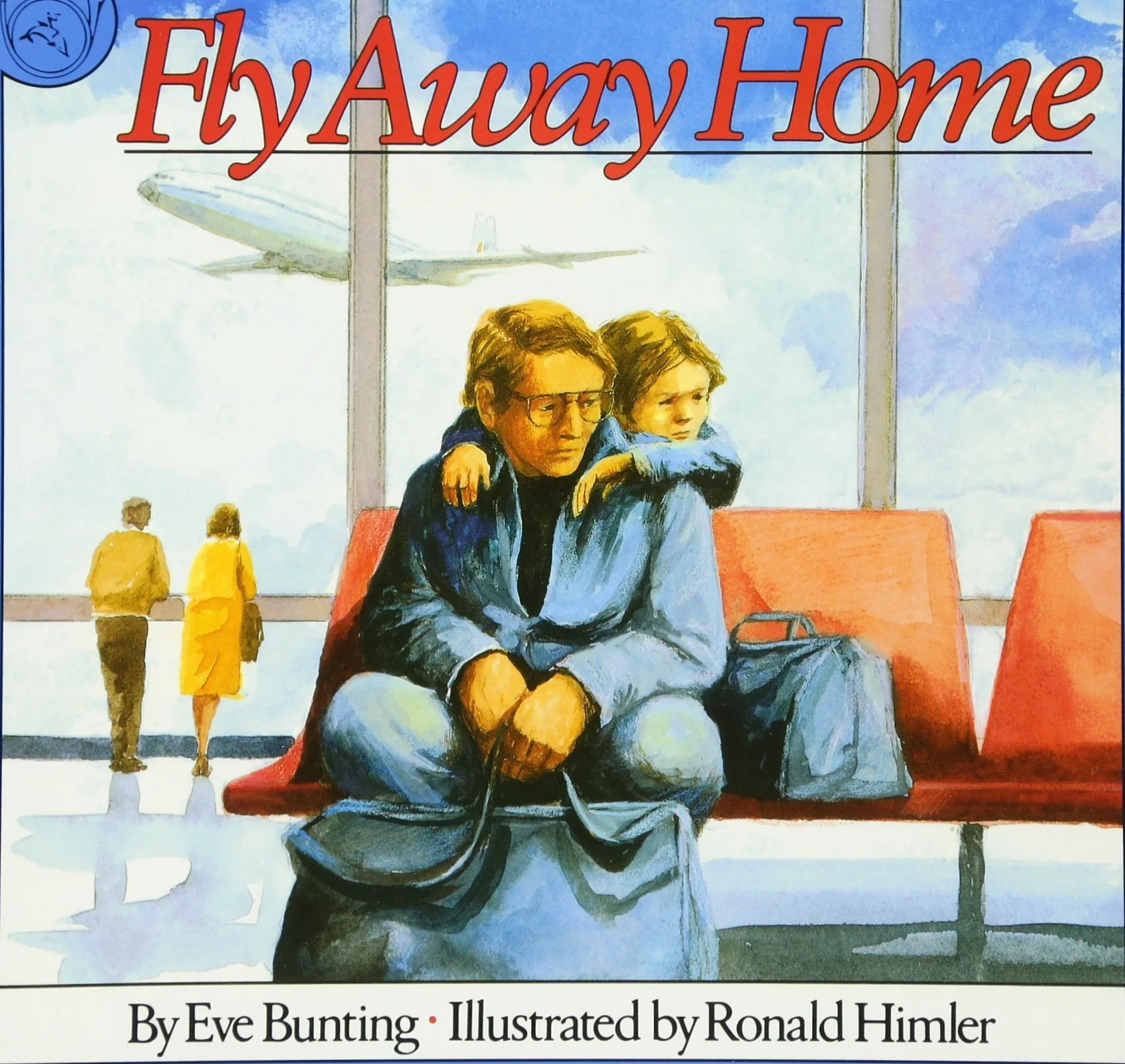Raising well-grounded kids with wealth
At Schwartzman Advising, our passion lies in building authentic connections with all family members, young and old, setting up systems that allow families to thrive generation to generation, and ultimately leaving a lasting impact on both the family and community they are proud of.
We connect with each family member to elevate them personally and to help them reach their apogee of philanthropic and personal potential. We're focused on cultivating lasting, multi-generational relationships and advising on all aspects that allow families to live well with wealth.
Download the FREE E-Book:
HOW TO TALK TO YOUR KIDS ABOUT WEALTH
Get my 8 top tips and practical tools for creating conversations that lead to healthy attitudes and behaviors around money.
A Gratitude Activity for your next family gathering…
Are you looking to go beyond the “What are you grateful for” question that often results in eye rolls from the teens at your table?
At your next family gathering, try this free activity guide that invites meaningful conversation, actions, and connection around giving, gratitude and self-exploration.
What People are saying:
“Using the *Get it, Got it, Give it* activity, I instituted a multigenerational “night of giving” during our Thanksgiving. It was very successful. We had Grandparents, an aunt, 5 kids, a set of friends and my husband and I all engaged in taking turns telling us about their organization (or two) they selected to donate to and why.
They were all fired up about it, and it was the most meaningful Thanksgiving I’ve ever had.
I learned so much about my family and friends and why that cause mattered to them. It was really beautiful. I even learned a lot about my own kids. They’re so deeply caring and thoughtful about their selections, truly I’d never given them enough credit for being as such in my mind.
Thank you for bringing that (new) tradition into our lives!!!!! We’ve always said what we were grateful for but this seriously added depth and meaning at a very real level that I appreciated.
”
COVID19: Making the Most of This Moment
In these unprecedented times, the team at Project Giving Kids are focusing on their core mission – uniting kids, teens and families with nonprofit organizations and ways to help them and those they serve, especially in their times of greatest need.
We couldn’t agree more!
Check out their site and join them as they offer six weeks of family-friendly service project ideas.
Bibliography
Below is a list of some of my favorite resources on raising well- grounded kids with wealth. The most current titles are listed first and happen to be my favorite. Happy Reading!
Wealth of Wisdom
McCullough, Tom and Whitaker, Keith.
Wealth of Wisdom: The Top 50 Questions Wealthy Families Ask
Wiley Publishers. 2018
Raised Healthy, Wealthy & Wise
Edwards – Pitt, Coventry.
Raised Healthy, Wealthy & Wise: Lessons from successful and grounded inheritors on how they got that way.
Coventry Edwards-Pitt. 2014.
Raising Financially Fit Kids
Godfrey, Joline.
Raising Financially Fit Kids.
New York: Ten Speed Press. 2003, 2013.
Wealth of Possibilities
Perry, Ellen Miley.
Wealth of Possibilities.
Egremont Press. 2012
The Blessing of a Skinned Knee
Mogel, Wendy.
The Blessing of a Skinned Knee: Using Jewish Teachings to Raise Self-Reliant children.
New York: Scribner. 2008.
The Price of Privilege
Levine, Madeline.
The Price of Privilege: How Parental Pressure and Material Advantage Are Creating a Generation of Disconnected and Unhappy Kids.
New York: HarperCollins. 2006.
Raising Charitable Children
Weisman, Carol.
Raising Charitable Children.
F. E. Robbins & Sons Press. 2006
The Giving Family
Price, Susan Crites.
The Giving Family: Raising Our Children to Help Others.
Council on Foundations. 2005
Movies, Books, & Discussion Guides
Below is a list of some of my recommended social justice books and movies for kids and discussion guides for parents.
** Disclaimer on movie content and age appropriateness: as with all PG13 movies you see with your kids, please review the content and recommendations and decide if it is appropriate for your family.
Movie: Pay It Forward (PG13)
Young Trevor McKinney, troubled by his mother's alcoholism and fears of his abusive but absent father, is caught up by an intriguing assignment from his new social studies teacher, Mr. Simonet. The assignment: think of something to change the world and put it into action. Trevor conjures the notion of paying a favor not back, but forward--repaying good deeds not with payback, but with new good deeds done to three new people. Trevor's efforts to make good on his idea bring a revolution not only in the lives of himself, his mother and his physically and emotionally scarred teacher, but in those of an ever-widening circle of people completely unknown to him.
Discussion Guide:
1. Does doing a good deed for satisfaction sake, or to feel good, lessen the deed?
2. What motivates your actions?
Movie: The Pursuit of Happyness (PG 13)
Based on a true story about a man named Christopher Gardner. Gardner has invested heavily in a device known as a "Bone Density scanner". He feels like he has made these devices. However, they do not sell as they are marginally better than the current technology at a much higher price. As Gardner tries to figure out how to sell them, his wife leaves him, he loses his house, his bank account, and credit cards. Forced to live out in the streets with his son, Gardner is now desperate to find a steady job; he takes on a job as a stockbroker, but before he can receive pay, he needs to go through 6 months of training, and to sell his devices.
Discussion Guide:
1. How is Chris the same or different from the image of a homeless person in your town?
2. Was Chris’s decision to live on the streets while trying to get ahead a good one? Why or why not?
3. What do you think his son learned from the experience?
Book: A Shelter in Our Car, by Monica Gunning (2004)
Zettie and her Mama left their warm and comfortable home in Jamaica for an uncertain and sometimes frightening life in the US. With Papa gone, Mama can’t find a steady job that will sustain them and so they are forced to live in their car.
Discussion Guide:
1. Living in your car is not easy. What are some of the challenges that Zettie and Mama face?
a.What do you think would be most difficult for you about living in your car?
2. What would you miss most if you had to leave your home and live in your car?
3. Why can’t Mama get a good enough job to afford a home for Zettie?
4. What are some of the brave things that Mama is doing to change their situation?
5. What are some of the brave things Zettie is doing to be helpful to mama?
6. What do Zettie and Mama need to be able to get out of their car and into a home?
7. Why don’t they just go back to Jamaica?
8. What are some things we can do to help people like Zettie and Mama? What do you think they would most appreciate?
Book:
A Day’s Work, by Eve Bunting (1994)
Francisco has gone with his Grandpa in hopes of finding work. Because the Grandpa doesn’t speak English, Francisco is the one who talks to the man with the truck.
Note: This book is older and was taken off the library shelf because it was old. But are there things in this book about the immigrant experience that are still relevant and portray the current immigrant experience.
Discussion Guide: (choose three)
1. The Grandfather has just gotten To Francisco’s house a few days before. What was the Grandfather’s largest obstacle to getting a job? How did Francisco help?
2. In the end, The Grandpa was offered more long term work. Why?
3. Where are some of the immigrants in our neighborhoods from and what are skills they employed back home?
4. Do you know any of the immigrant stories about why people or families came to the US and how they got here?
5. What do you imagine a new family coming to the US with very little, needs most?
6. Do you have any immigrant stories in your family or circle of friends?
Book: Uncle Willie and the Soup Kitchen, by Dyanne DiSalvo-Ryan (1991)
This book, written in 1991, is still relevant and shares the community and connection that happens inside a soup kitchen. This book brings to life a connection between Uncle Willie, a full time volunteer at the soup kitchen and his nephew. We meet some of the neighborhood regulars and learn the face of the hungry is not so different than our own.
Please note when this book was written in 1991, I out of every 8 people were estimated to be food insecure. In 2018, according to the research from WhyHumger.org, 1 in 6 children are food insecure.
Clearly, more progress needs to be made.
Discussion Questions:
1. Do you have a soup kitchen in your town?
2. Who runs it?
3. Where do you imagine the food comes from?
4. Are there people like Frank- the- Can- Man in your town?
5. Why do you think people need food from the soup kitchen?
Book: Fly Away Home, by Eve Bunting (1991)
Grades Pre K–4. A young boy talks about his and his father’s lives living in an airport and has hope for himself when he sees a trapped bird.
Discussion Guide:
1. Why do you imagine they are living in the airport?
2. Why do you think they did not give the boy and his dad a name in the story?
3. Do you think they will ever be able to “fly away home” like the bird? Why or why not?
4. What might loosing the mom have to do with them being homeless?
5. Why are they homeless when the dad has a job?
6. Why are so many people living in the airport?
7. The little boy expresses that, “Not to be noticed is to look like no one at all. ”
a. Should the homeless live in a way to be noticed? Do we take notice of the homeless families around us?
Looking for more?
See our Resource page for more recommend articles, books & research…
Need guidance or coaching to maximize your philanthropic potential while lifting up, uniting and inspiring your family?
Drop me a message and let’s get started!
Contact us below or email sue@schwartzmanadvising.com












